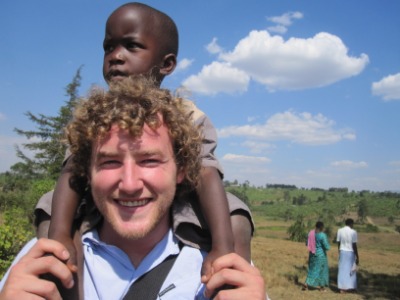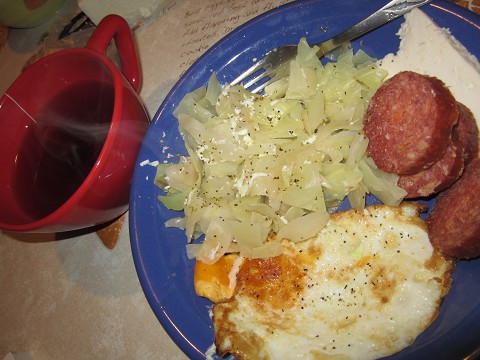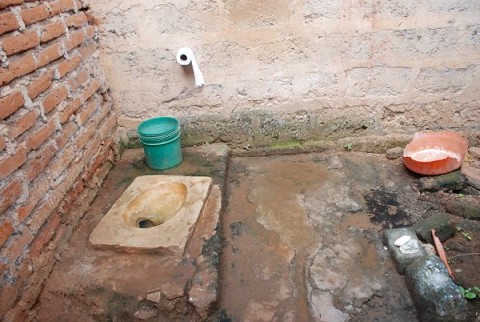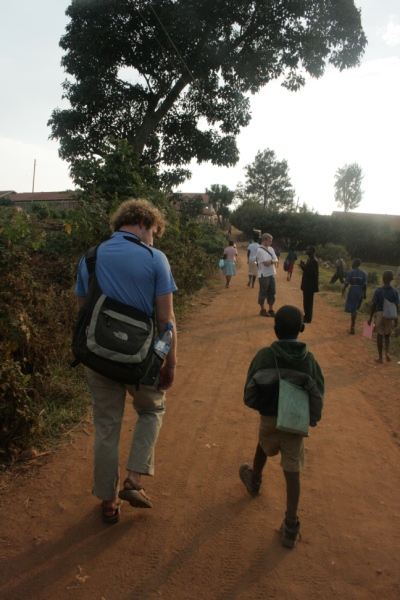 About four weeks ago we arrived in
About four weeks ago we arrived inKampala, Uganda after a collection of bus rides that were all longer
than necessary for various reasons. We spent a night in a hotel with
the 100+ people of M and N squads, catching up on the past few
months, recalling characteristically “African” moments, that all
shared a streak of far too much similarity to be coincidence. We
left the next morning and boarded a bus to a destination we had no
knowledge of, apart from its name. After seven long hours of dust
and rattle through winding hill roads we arrived in Rukungiri.
beautiful people, and a character that is nearly impossible
 to deny –
to deny –though it may be easily applicable to the whole of Uganda, and I may
never know any different. From the moment we arrived I think we all
felt that something was different about this this place and this
month. We were greeted by our contact, Reverend Enoch, and an entourage of local pastors and church workers. Our new hosts escorted us up the hill
to the guest house where we would be staying for the month. They had prepared a large
meal of staple Ugandan food – beef, potatoes, cabbage salad, matoke
(a kind of roasted banana mush), beans, ground nut (peanut) sauce, and of
course, chapati. We sat with our new friends and introduced
ourselves between bites. We all immediately liked Uganda and
Rukungiri, and though I don’t know if any of us really knew why, I
went to bed that night with a new optimism for the month and ministry in Africa.

ministry this month has been varied. Some days were spent visiting with different families in homes. Other days we spoke at schools and played with kids. We also travelled to various churches and preached/taught. We have met some amazing people and all share the overwhelming hospitality I have come to expect from Africa, but still continues to impress and humble me. What is even more humbling is the often awkward feeling of celebrity that comes with being a white American in rural Africa. We stand out. As we travel from house to house, it is hard not to feel like an attraction, an exotic commodity on display.
 We walk down the street and children run wide-eyed from doorways and alleys calling out, “mzungu!” (white person) both to get our attention and to alert their friends to the rare strangers passing.
We walk down the street and children run wide-eyed from doorways and alleys calling out, “mzungu!” (white person) both to get our attention and to alert their friends to the rare strangers passing.  This month we’ve been asked a lot
This month we’ve been asked a lotof questions. There are questions about who we are and where we’re
from, but most of the questions are about why we’re here. Why have
we left our comfortable life, with everything anyone could ever want,
to come to Africa where everyone has need? Why have we left the land of luxury cars, 3000 thread count sheets, and iPads for 11 months of
dirt, bucket showers, diarrhea, and a tent?
 they’re here and you’ll probably get 99 different answers. We all signed up for different reasons. But deep down, at the core of it, we’re here for the same thing. We’re trying to
they’re here and you’ll probably get 99 different answers. We all signed up for different reasons. But deep down, at the core of it, we’re here for the same thing. We’re trying toconvince ourselves that there’s more to life than stuff. We want to
believe that happiness and fulfillment can’t be bought. We want to
prove to ourselves that there’s more to life than production and
consumption. We want to overcome the way the world tells us to think
and act, and learn to live transformed lives that are about truth and
love. We want the reason we stand out to be more than our physical appearance.








